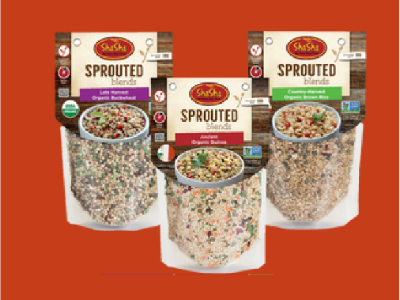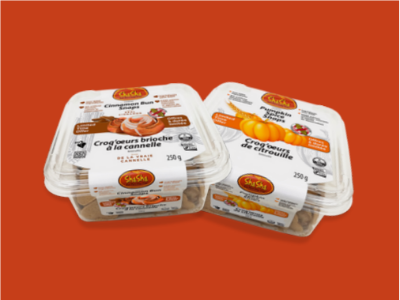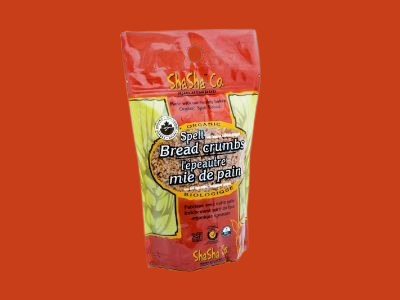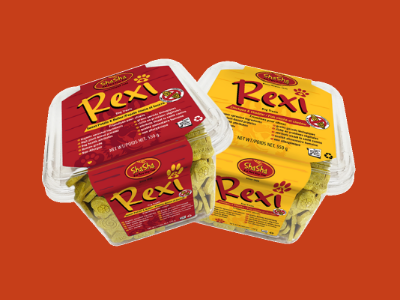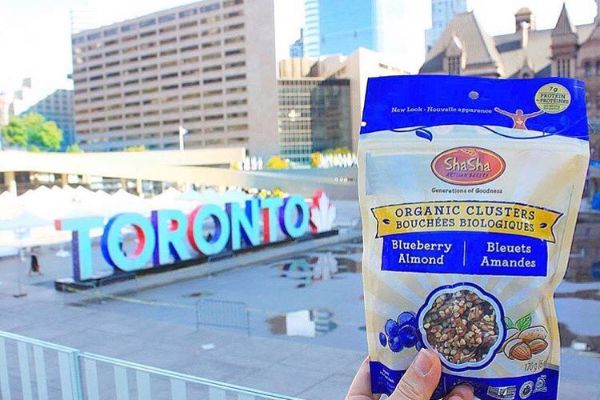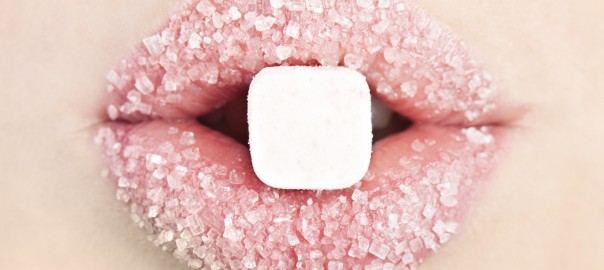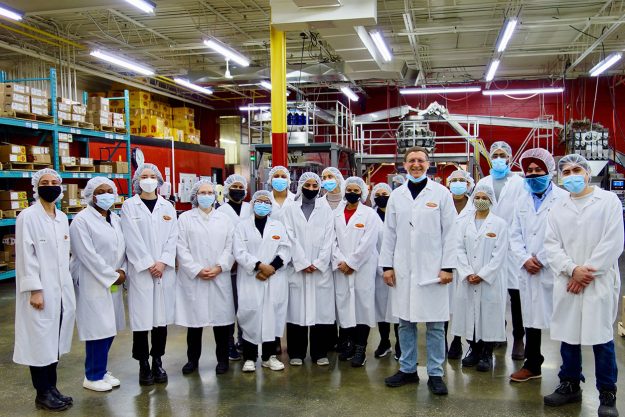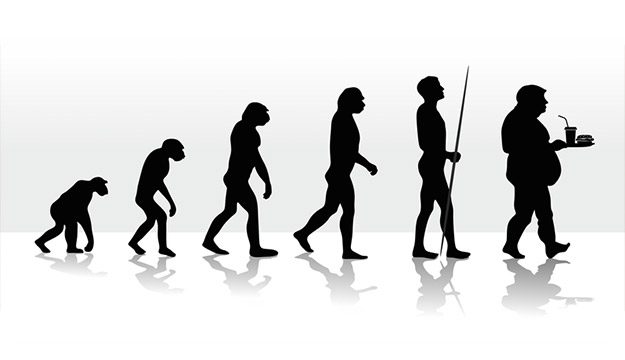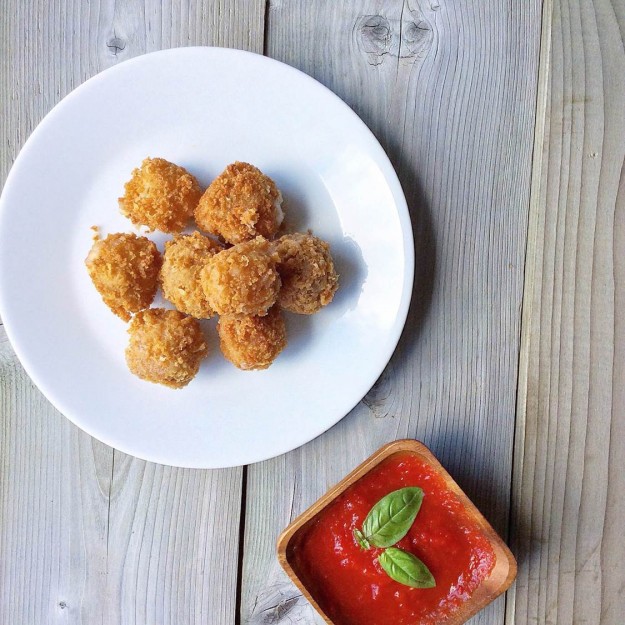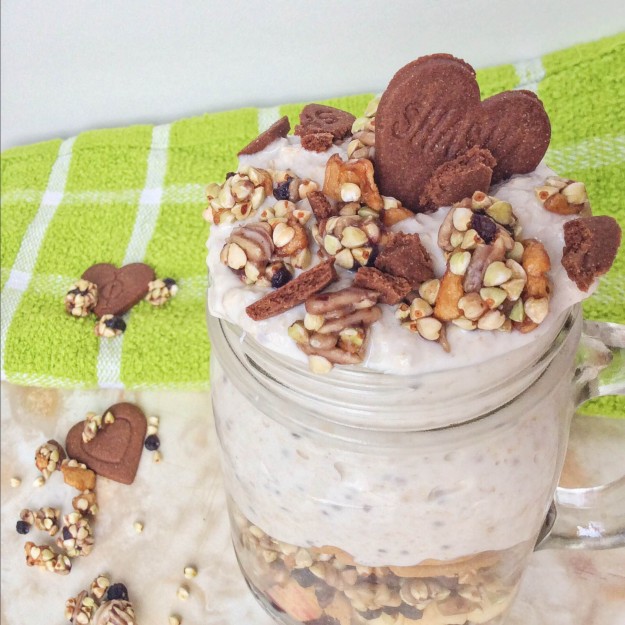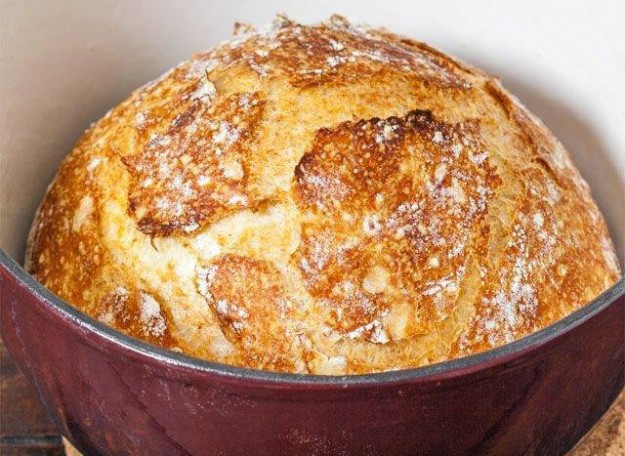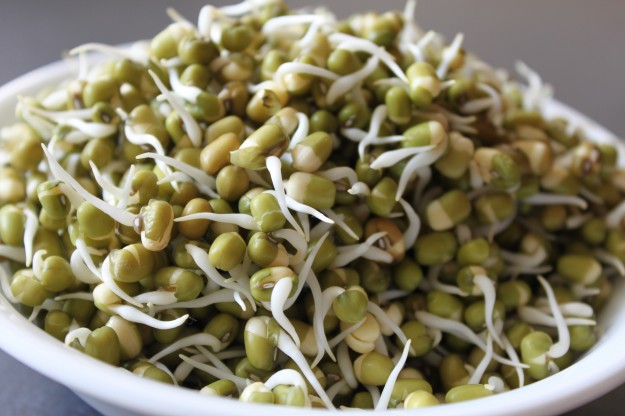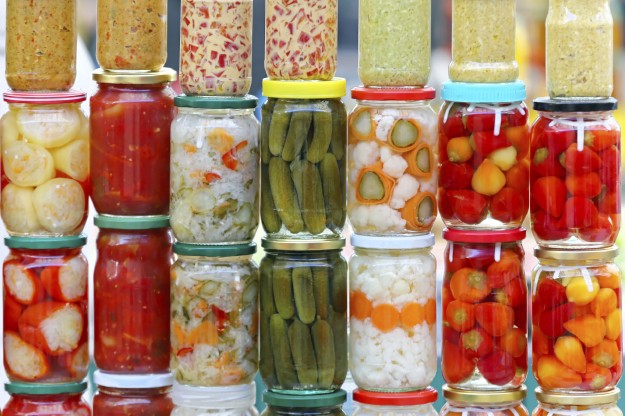We’ve all pulled those all-nighters where you’re cramming for an exam or working on that big presentation, and the only thing that gets you through is an endless supply of sweet coffee and gummy bears. Trouble is; the more sugar you consume, the worse you get at remembering new information and coming up with your signature brilliant ideas.
According to David DiSalvo from Forbes Magazine: “Research indicates that a diet high in added sugar reduces the production of a brain chemical known as brain-derived neurotrophic factor (BDNF). Without BDNF, our brains can’t form new memories and we can’t learn (or remember) much of anything… Research has also linked low BDNF levels to depression and dementia.” That means the more sugar you eat, the less you remember, and so all those gummy bears are definitely not going to help you remember the finer points of that sales presentation.

It’s important to make a distinction here; sugar isn’t all bad—but added processed sugar has negative effects on your brain. Sugar occurs naturally in almost all the foods we consume from fruit to milk; it acts as an essential preservative and flavors the foods we enjoy. But the sugar added to snack foods and daily staples like bread is what is contributing to the increasing instances of learning disorders, poor memory formation and depression.
While the brain takes up only 2% of our body mass, it accounts for up to 20% of our daily energy consumption. The brain runs on glucose, but when it gets flooded with glucose from added sugars, your cognitive functions and memory are impaired.
The findings of a recent UCLA study on high-fructose syrup (similar to high fructose corn syrup) found that rats who had consumed the syrup had impaired cognitive functions, were slower and had less synaptic activity. The study found sugar forms free radicals in the brain’s membrane and this compromises nerve cells’ ability to communicate: “This could have repercussions in how well we remember instructions, process ideas, and handle our moods,” says UCLA researcher Fernando Gómez-Pinilla.
Sugar can be very addictive and it may be difficult to wean yourself off the stuff. You can’t just cut all your favorite things out of your diet so try substituting processed sugar for naturally occurring sweeteners which have better nutritional values. Use agave syrup; a natural juice from the agave cactus which has a low glycemic level. Use other natural sweeteners like raisins and honey and substitute healthy snacks for your usual cookies and candy.
While we all know that soda and junk food contain lots of sugar, look out for hidden added sugars in staples like bread. Always read the label and opt for organic breads, healthy snacks and natural sweeteners—after all, healthy eating makes you smarter!

